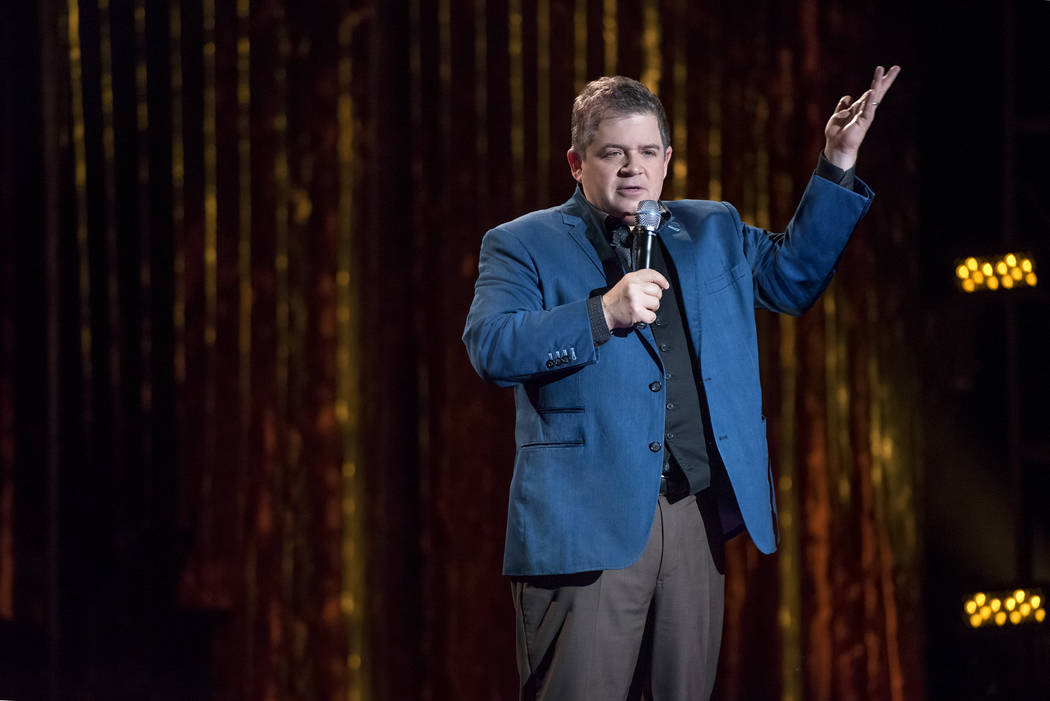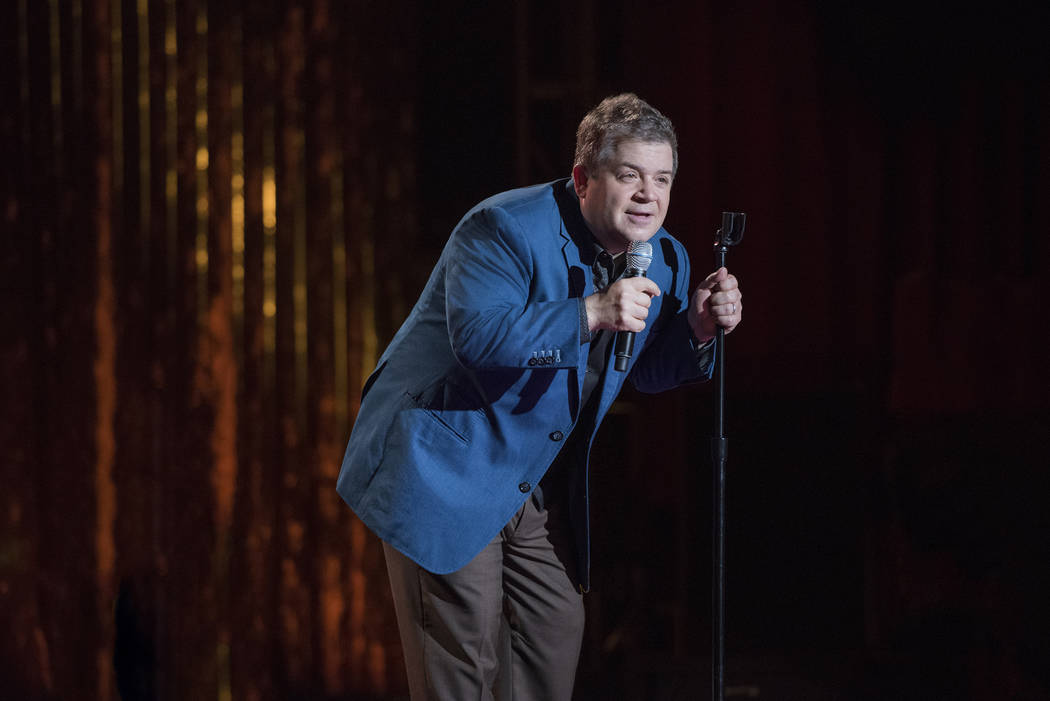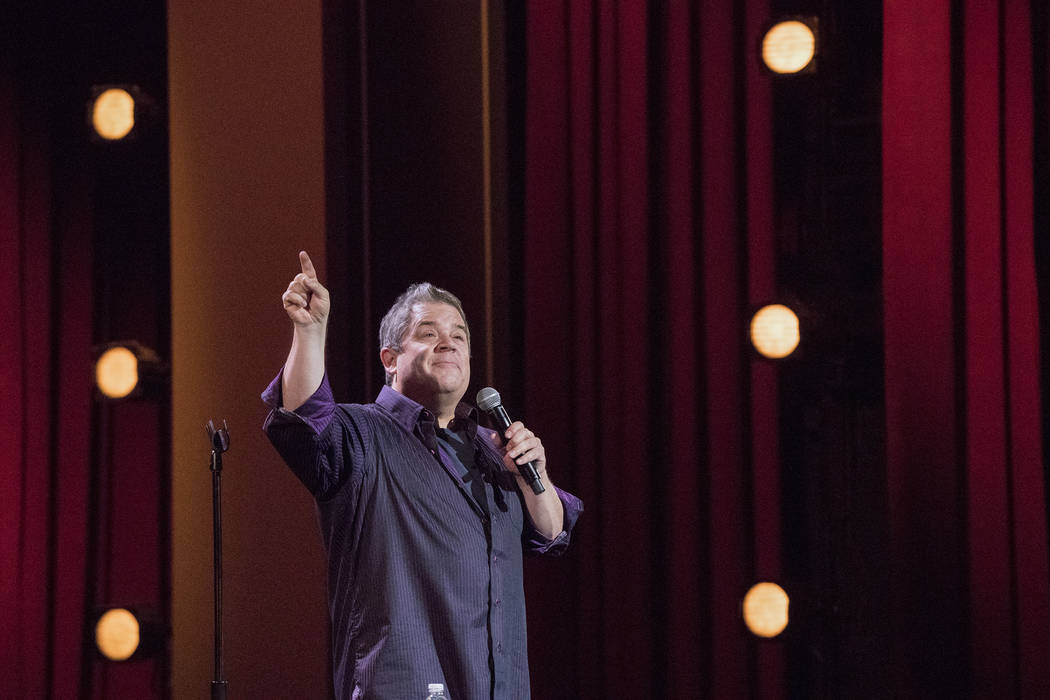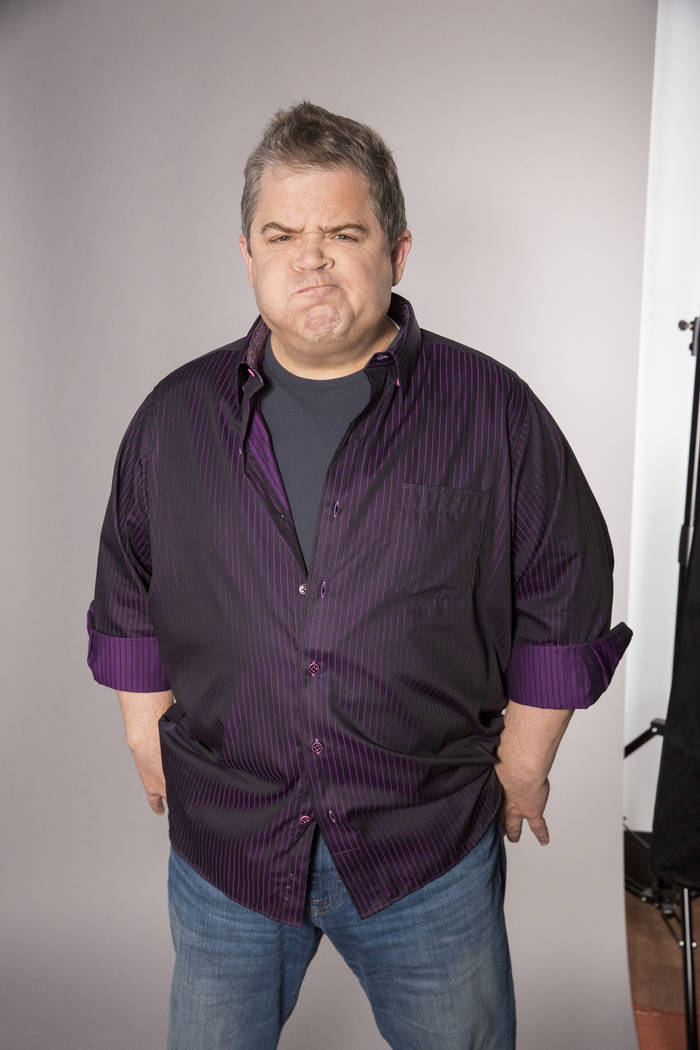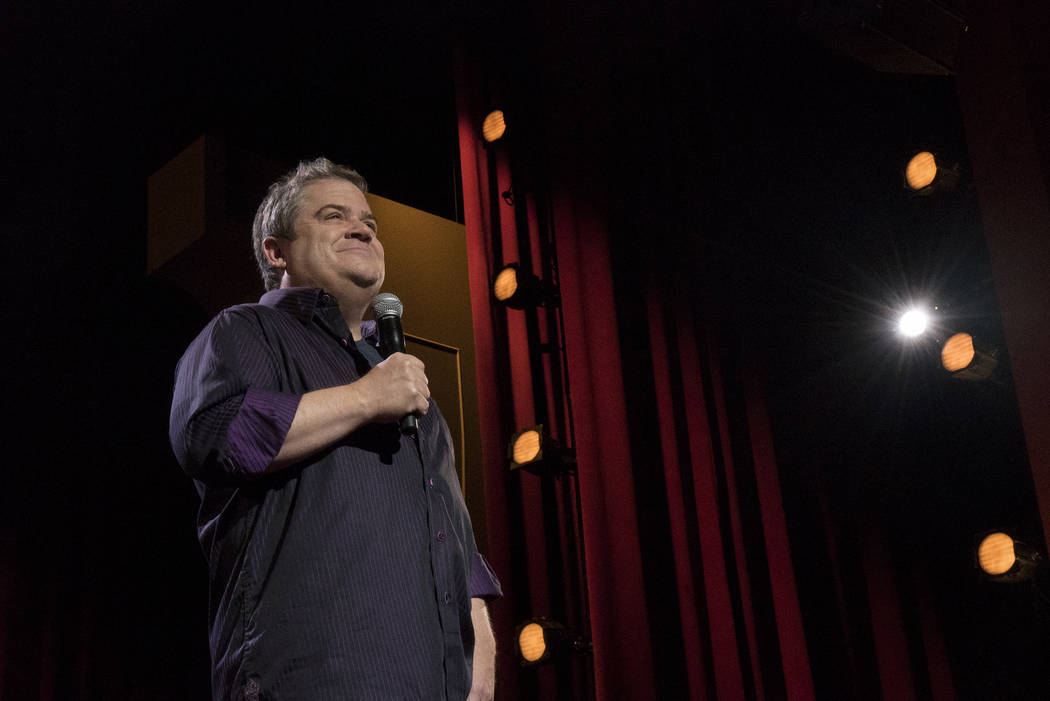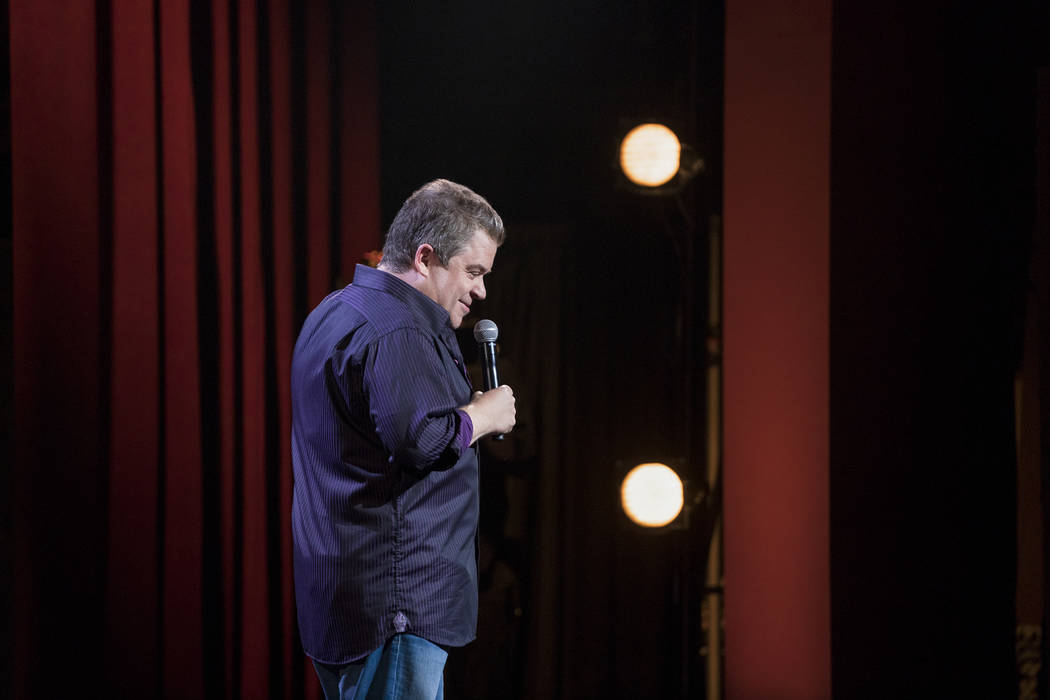Patton Oswalt finds a joke in anything — even own life lessons
“I’m a man. I get to be wrong. I can change.”
Patton Oswalt wrote those words at the end of a triple-pronged 2013 essay posted on his website, which began on the topic of joke theft, segued into a takedown of heckling and ended on the subject of rape culture.
The latter portion of the article was precipitated by the controversy that engulfed fellow comedian Daniel Tosh for a time after he made a rape joke during a performance and then lashed out at a crowd member who vocally expressed her displeasure at said joke.
For plenty of comedians — and comedy fans alike — there’s a reflexive impulse to defend the comedy stage as a place where there are no bounds — as long as what’s being said is, you know, funny.
It’s no small thing: Comedy’s broad umbrella provides shelter for plenty of thoughts, ideas, jokes and critiques that enable us to deflate that which angers, scares and offends us.
It’s an arena where we can laugh at our differences and use humor to better understand — or at least chuckle at — any ugliness in the world, from the serious (death, disease, overzealous authority figures) to the merely annoying (the demands of TSA workers, social media numbness, the Kardashians).
And so, within the context of a comedian’s performance, it’s imperative that his or her artistic freedoms remain sacrosanct.
If you don’t think it’s funny, don’t laugh. But don’t attack the very heart of the art form, lest its veins run dry of creative lifeblood.
That’s the common refrain.
But in his essay, Oswalt did an uncommon thing: He looked inward, and while acknowledging the need for creative liberties in the comedic sphere, he also dug deeper, examining the impact that his own experiences have had in shaping his perspective and how they can sometimes limit one’s true understanding of the viewpoints of those with differing experiences.
“I value and love the fact that this sort of furious debate is going on about the art form I’ve decided to spend my life pursuing,” he wrote. “And I don’t want to be on the side of the debate that only argues from its own limited experience.”
Laughing and learning
As much as anything else, this is who Patton Oswalt is: an intensely funny, equally conscientious dude whose stand-up specials and albums are united by a constant chronicling of his evolution as a person. It’s all informed by a willingness to challenge himself as much anyone who might oppose the common-sense social commentary that underscores a good portion of his work.
“What I’m learning now is that there are certain prejudices that I have that I don’t even see that I have them,” Oswalt explains in a recent phone interview. “I’m the classic ‘Thinks he’s very liberal, progressive and open-minded’ and yet has prejudices that he can’t even see. So to start realizing that about yourself is very fascinating — and can be very funny.”
And Oswalt has proven himself to be that, consistently, for nearly three decades now.
There are plenty of clever touches in his stand-up routines, whether he’s reciting the lyrics to Kelis’ “Milkshake” while doing a pitch-perfect impression of Daniel Day-Lewis’ stern-voiced Daniel Plainview character from “There Will Be Blood” or delivering a riotous riff on the lazy gluttony of KFC’s Famous Bowls (“I would like a failure pile in a sadness bowl”).
These bits are balanced by heavier topics handled with a light touch, from a tragicomic take on the ups and downs of parenting his young daughter, Alice, to a playful dismantling of the arguments against gay marriage. “You have to acknowledge everyone’s beliefs,” Patton observed on his 2011 album “Finest Hour,” addressing the latter debate. “And then you to have reserve the right to go: That is stupid.”
‘Annihilation’ and moving on
Oswalt’s newest stand-up special, “Annihilation,” which debuted on Netflix in October, is his most poignant, progressing from jabs at the Trump administration and some crowd work to emotionally addressing the devastating aftermath of wife Michelle McNamara’s sudden death in 2016.
“Life is about loss,” Oswalt says. “Things get stripped away from you. To turn away from that, that’s kind of childish in the end.”
Since the premiere of “Annihilation,” Oswalt has moved on to fresh material.
“The minute I do that stuff, it’s gone,” he says. “Vegas will be all new stuff.”
While his routine may have changed, its purpose remains the same.
“I like that each of my albums and specials is a snapshot of who I was at that moment. It doesn’t necessarily mean that that is a constant, forever thing with me,” he says. “It’s cool that I have that stuff on record. You have to have your past selves there to remind you to keep moving forward.”
Contact Jason Bracelin at jbracelin@reviewjournal.com or 702-383-0476. Follow @JasonBracelin on Twitter.



